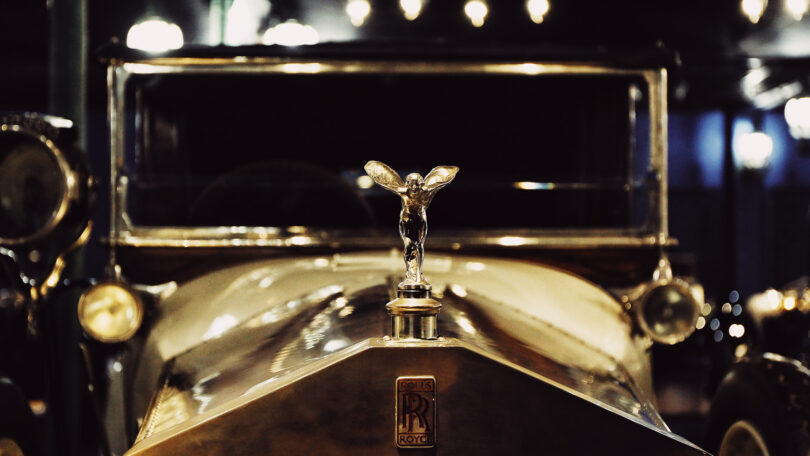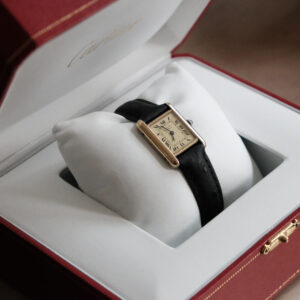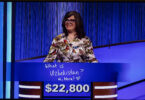Natural wonders such as the Grand Canyon typically inspire feelings of awe. Consumer psychology researchers at the University of Georgia investigated whether or not those same feelings might be inspired by luxury brands and what that reveals about how consumers respond to advertising.
The study, “Brand Awe: A Key Concept for Understanding Consumer Response to Luxury and Premium Brands,” is one of the first of its kind about brand awe and was led by Jooyoung Kim, a professor of advertising and the Dan Magill Georgia Athletic Association Professor in Sports Communications at the Grady College of Journalism and Mass Communication.
“Awe is a concept from psychology, and we have taken and developed a new measure that can be useful for marketing communication,” Kim said. “For instance, if a global car manufacturer is launching a new line of premium cars, their marketing materials might talk about sophistication, reliability and safety as reasons to purchase the car. But, for luxury products, there are emotional connections that should be promoted as well, and this study addresses those most shared emotions.”
A mixture of experiences
The researchers found that brand awe is a mixture of emotional experiences consisting of euphoria, enthrallment and vastness that a consumer experiences when encountering a brand.
Keith Campbell, a UGA professor in the department of psychology, and Hyejin Bang, who received a Ph.D. at UGA in 2017 and is now an assistant professor of marketing at Kookmin University in South Korea, also contributed to the research.
For the study, the researchers showed participants images and descriptions of 11 utilitarian luxury products (cars, wristwatches) and hedonic luxury products (fashion, cosmetics), with varying degrees of luxuriousness. Throughout two phases of study, first with 205 and second with 256 participants, the three brand awe factors were identified.
Three main dimensions comprise the concept of brand awe. They are euphoria, or the positive emotions that consumers are likely to feel when encountering a brand; enthrallment, or the attention the item is likely to generate; and vastness, not so much physical size but the impression that the product makes the person feel insignificant in comparison.
Marketers can try to manage the level of awe in a way they want based on the three awe factors.” — Jooyoung Kim
Researchers also investigated how other factors, such as prestige, luxuriousness, quality and innovativeness affected consumer attitudes and found that they did little to influence consumers if “brand awe” wasn’t also present.
Participants were also asked about their willingness to save and share the experience with friends, providing implications for the likelihood of posting on social media. The study found that luxury products that elicit emotions of awe are more likely to be shared than those without.
Kim believes this has broad implications for marketers of luxury products.
Helps to manage their brands
“Our study has demonstrated that awe can be experienced from brands,” Kim said. “Marketers can try to manage the level of awe in a way they want based on the three awe factors, and make sure their communication in advertising has conveyed consistent awe experience in their messages.”
According to Kim, luxury brand advertisers typically focus on materialistic consumption experiences to make the brand continually desirable and aspirational via cool-quotient and newness factors. “However, the most important consumer response criterion that marketers should carefully monitor for premium and luxury brands have remained unclear. We hope the brand awe construct will be useful to help luxury advertisers and marketers manage their brands.”
“Our study spurs further research into the role of brand awe in many other types of brands such as human or institutional brands. For example, athlete branding can certainly benefit from our research,” Kim said.
The study, “Brand Awe: A Key Concept for Understanding Consumer Response to Luxury and Premium Brands,” was published in the September 2020 issue of the Journal of Social Psychology.










